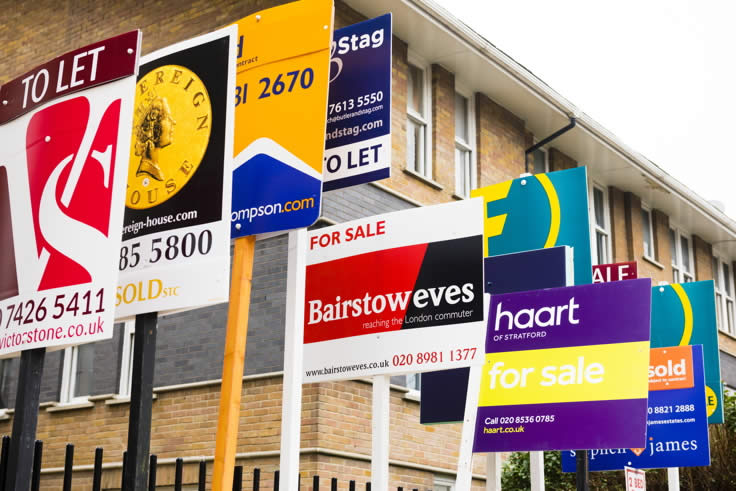Tuesday 10th April represents National Equal Pay Day – and what better time to be talking about it than now? With the first phases of Gender Pay Gap reporting now in the news, the spotlight is firmly on businesses to account for their pay data.
Apr 2018

Tuesday 10th April represents National Equal Pay Day – and what better time to be talking about it than now? With the first phases of Gender Pay Gap reporting now in the news, the spotlight is firmly on businesses to account for their pay data.
Analysts have said that in around 78% of organisations, the average pay of men is higher, due to a number of reasons that have previously been highlighted by the Equality and Human Rights Commission. By comparison, just 14% of organisations declare the average pay of women is higher than men and 8% have no pay gap at all.
Of the 78% where average pay for men is higher, the median pay gap is said to be about 9.7%. Not surprisingly perhaps, the higher male-orientated pay gaps tend to be found in certain sectors, particularly finance and insurance. Even organisations such as Ryanair have reported one of the largest gender pay gaps favouring men because most of the airline’s highly paid pilots are men.
Organisations such as Costa, KFC, Matalan, Starbucks, McDonald’s and Primark reported no pay gap at all.
The Government aimed to tackle this by requiring organisations to publish their pay information – and the deadline to report gender pay gap figures, expired at midnight. At the moment, this only applies to companies with 250 employees or more.
Since this deadline has passed, more than 10,000 organisations have reported their pay data – but some are still yet to do so.
Gender pay gap reporting in isolation does not change disparities in pay between men and women, but it does help to keep the issue of pay inequality in the public eye. It should also help to level the playing field, particularly for women returning from maternity leave. We have come across instances where women like this have been treated in as a less valuable asset to an organisation, than male employees who have had no comparable absence. We have also seen instances where these women have had work opportunities or career development paths subtly denied and employers have got around this by claiming certain jobs can only be done on a full time basis, or have features that are not compatible with working from home.
The effect of gender pay gap reporting will probably be to pave the way for a change in attitudes towards pay inequality and make employers more aware of the possible consequences of their decisions on pay.
If you have concerns about issues arising from the gender pay gap or any other employment matters, whether as an employer or employee, please contact Downs Solicitors today to see how we can help.




.jpg)




